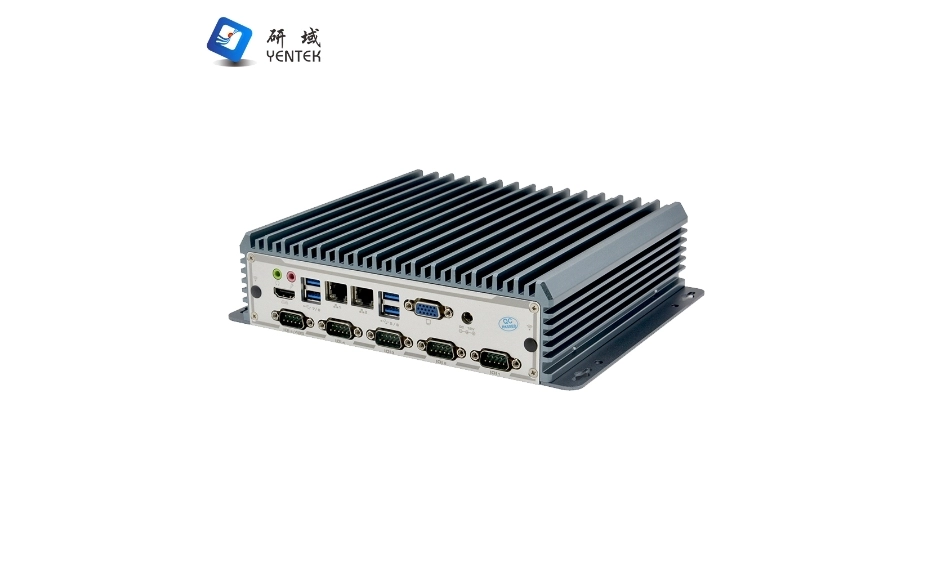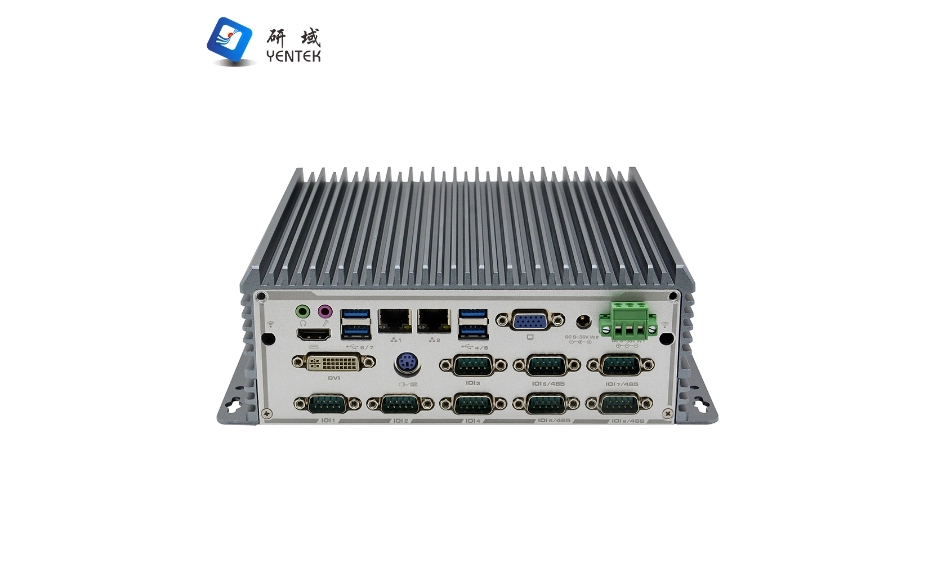In the manufacturing sector, the integration of technology has become essential for enhancing efficiency, reliability, and productivity. Among the various technological solutions available, embedded industrial PCs (EPCs) have emerged as a vital component. These specialized computing systems are designed to operate in harsh environments and perform specific functions within industrial applications. This article explores the advantages of embedded industrial PCs in manufacturing, highlighting their unique features, benefits, and applications.
Understanding Embedded Industrial PCs
Definition and Design
Embedded industrial PCs are compact computing devices tailored for specific applications within industrial environments. Unlike traditional PCs, which are designed for general use, embedded PCs are built to withstand extreme conditions such as high temperatures, humidity, and vibration. They typically feature a rugged design with no moving parts, which enhances their reliability and longevity.
Key Features
Compact Size: Embedded PCs occupy less space, making them suitable for environments where space is limited.
Energy Efficiency: These systems consume less power compared to standard PCs, contributing to lower operational costs.
Customizable Software: Many embedded systems run on specialized operating systems that can be tailored to meet specific operational needs.

Advantages of Embedded Industrial PCs
1. Reliability and Durability
Embedded industrial PCs are designed for continuous operation in demanding conditions. Their rugged construction allows them to function reliably in environments characterized by dust, moisture, and extreme temperatures. This durability minimizes downtime and maintenance costs, making them ideal for industries that require 24/7 operation.
2. Longevity of Supply
Manufacturers typically face challenges with technology refresh cycles every few years. Embedded systems often come with extended life cycles—typically eight to ten years—ensuring that organizations can rely on these systems without frequent replacements. Vendors also provide long-term support and availability of components, which is crucial for maintaining operational continuity.
3. Cost-Effectiveness
The initial investment in embedded industrial PCs can lead to significant savings over time. Their low power consumption reduces energy costs, while their reliability decreases the need for costly repairs and replacements. Moreover, since these systems can often run legacy software and support older hardware interfaces, they offer a cost-effective solution for upgrading existing systems without complete overhauls.
4. Enhanced Performance
Embedded industrial PCs are equipped with high-performance processors and ample memory to handle complex tasks such as real-time data processing and analytics. This capability is essential in modern manufacturing environments where data-driven decision-making is critical for optimizing production processes.
5. Flexibility and Scalability
These systems can be easily customized to meet specific operational requirements. Manufacturers can configure embedded PCs with various interfaces and peripherals based on their unique needs. Additionally, as production demands grow or change, embedded systems can be scaled up or modified without significant disruption to existing workflows.

Applications in Manufacturing
1. Automation Control
Embedded industrial PCs play a crucial role in automating manufacturing processes. They serve as the central control units that manage machinery operations, monitor performance metrics, and ensure efficient workflow management across production lines.
2.Real-time Data Analysis
With embedded industrial PCs, manufacturers can collect and analyze real-time data from various sensors and devices. This data can provide valuable insights into production performance, equipment health, and quality control. By leveraging this information, manufacturers can identify bottlenecks, optimize processes, and make data-driven decisions to improve overall efficiency and productivity.
3. IoT Integration
The Internet of Things (IoT) is transforming manufacturing by enabling devices to communicate with one another over networks. Embedded industrial PCs are often integrated into IoT ecosystems, allowing manufacturers to monitor equipment remotely and optimize resource usage through intelligent analytics.
4. Predictive Maintenance
By utilizing artificial intelligence (AI) algorithms within embedded systems, manufacturers can implement predictive maintenance strategies that anticipate equipment failures before they occur. This proactive approach helps reduce unplanned downtime and extend the lifespan of machinery.

Conclusion
Embedded industrial PCs represent a significant advancement in manufacturing technology, providing robust solutions tailored for demanding environments. Their reliability, cost-effectiveness, energy efficiency, and adaptability make them indispensable tools for modern manufacturers aiming to enhance productivity while minimizing operational risks. As industries continue to evolve towards more automated and data-driven processes, the role of embedded industrial PCs will only become more critical in shaping the future of manufacturing.
Streamlining Operations with Embedded Industrial PC: Real-time Monitoring and Data Analysis















